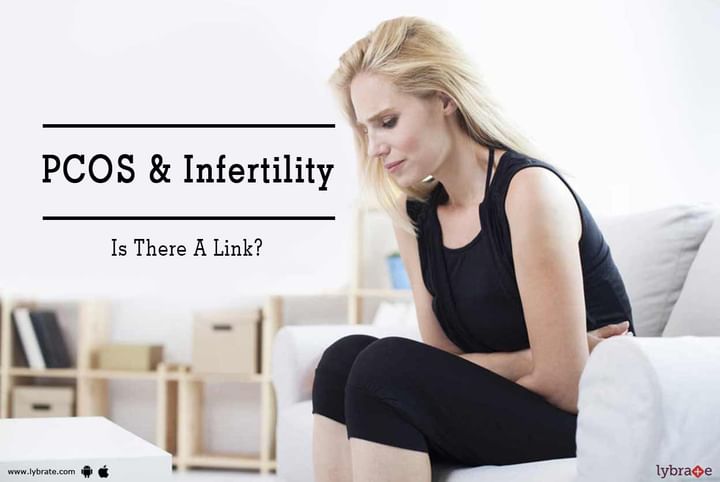PCOS & Infertility - Is There A Link?
For most women, the ultimate feeling is bringing their bundle of joy into this world. However, as much as you want, getting pregnant is not always in your hand. Infertility among women has seen exponential growth in the last decade or so. In this article, we will limit our discussion to the factors responsible for female infertility.
In many women of reproductive age, PCOS (Polycystic Ovarian Syndrome) is found to be one of the common underlying factors making it difficult for the affected female to conceive. PCOS, as indicative of the name, is a condition whereby cyst formation takes place in the ovary or the ovaries. PCOS triggers a hormonal imbalance with increased production of androgen by the ovary interfering with the ovulation process. The mature eggs either don't get released from the ovary or in some cases, the eggs may not mature at all. Infertility can be one of the many depressing complications associated with the disorder.
Primary Ovarian Insufficiency can also be responsible for female infertility. True to its name, the disorder is an autoimmune condition resulting in the loss of eggs prematurely (from the ovary). The condition can be a genetic predisposition or at times may be a consequence of chemotherapy.
The hormones Follicle Stimulating Hormone (FSH) and Luteinizing hormone (LH) play a pivotal role in ensuring a healthy ovulation process. However, certain factors including obesity, drastic changes in the body weight (gain or loss) or stress (physical, mental, or emotional) can spell doom inhibiting the production of FSH and LH. In the absence of these two hormones, the ovulation process will also be affected, often giving rise to female infertility. The increased production of another hormone, Prolactin can also act as the trigger resulting in infertility. Proper treatment and medications can go a long way to reverse the condition.
Under certain conditions, the tissues that are supposed to line the inside of the uterus (a term called endometrium) grows outside it (often in the fallopian tubes, or ovaries) a condition termed as Endometriosis. While the painful condition in itself can lead to female infertility (can damage the implanted fertilized egg), removing the tissues through surgery can also damage the fallopian tube. With a damaged fallopian tube, infertility is the obvious consequence.
Certain medical conditions such as pelvic tuberculosis, STDs that triggers inflammation and infection of the fallopian tube and the uterus, women having undergone surgery for ectopic pregnancy, or the inflammatory diseases of the pelvis can also damage the fallopian tube
Infertility in females can also be an outcome
- Cervical stenosis (the cervix narrows down to a great extent).
- Congenital uterine disorders and abnormalities.
- The formation of noncancerous tumors and polyps in the uterus can trigger infertility in some females only.
- In some rare cases, the exact cause of infertility may be hard to explain (Unexplained Infertility).



+1.svg)
